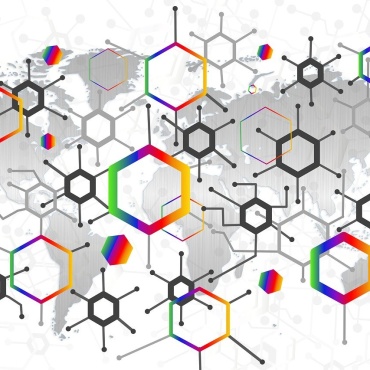Parliamentary question to the Council: Absence of support from EU embassies the Delegation for Moscow gay pride
Written parliamentary question asked to the European Council by:
 Michael Cashman (UK, S&D)
Michael Cashman (UK, S&D)- Ulrike Lunacek (Austria, Greens/EFA)
- Sophie in’t Veld (Netherlands, ALDE)
- Raül Romeva i Rueda (Spain, Greens/EFA)
- Sirpa Pietikäinen (Finland, EPP)
- Rui Tavares (Portugal, GUE/GNL)
On 30th March, organisers of the Moscow gay pride approached the embassies of Austria, Denmark, France, Germany, Ireland, Luxembourg, Malta, Portugal, Sweden and the United Kingdom, asking for their formal support to an event that has been banned for the last five years and has constantly sustained violence and arrests. Ambassadors either declined supporting the event or ignored the request, despite Czech, Dutch, French, German, Spanish, Swedish and British embassies having supported gay prides in other countries.
Although some Ambassadors initially declared themselves ready to support the event, they appeared to subsequently withdraw their intended support following a discussion at one of the regular human rights meetings between EU Ambassadors.
On 29th May, a group of 30 activists briefly staged their gay pride march by escaping authorities, falsely announcing the location of the event outside the Delegation of the EU in Moscow—where violent counter-protesters and OMON police stood ready to stop the event—and staging the illegal march elsewhere in the city.
We appreciate that EU representatives regularly seek to include human rights in their dialogue with Russian authorities. However, this has proven to be mostly unconstructive in securing the human rights of LGBT people over recent years. Our question therefore concerns the following issues:
- Does the Council agree that the support of Member States’ embassies on this occasion would have constituted positive action in the context of the European Union’s commitment to human rights in Russia? If not, why not?
- Why did the embassies of Austria, Denmark, France, Germany, Ireland, Luxembourg, Malta, Portugal, Sweden and the United Kingdom fail to support the event, symbolically or otherwise?
- In the light of the European Council President’s statement on 6th May 2010 that “much still needs to be done, both in Europe and other parts of the world, to [combat homophobia]. We must and shall persevere in this task”, will the Council support human rights defenders working for the human rights of LGBT people in the future?






